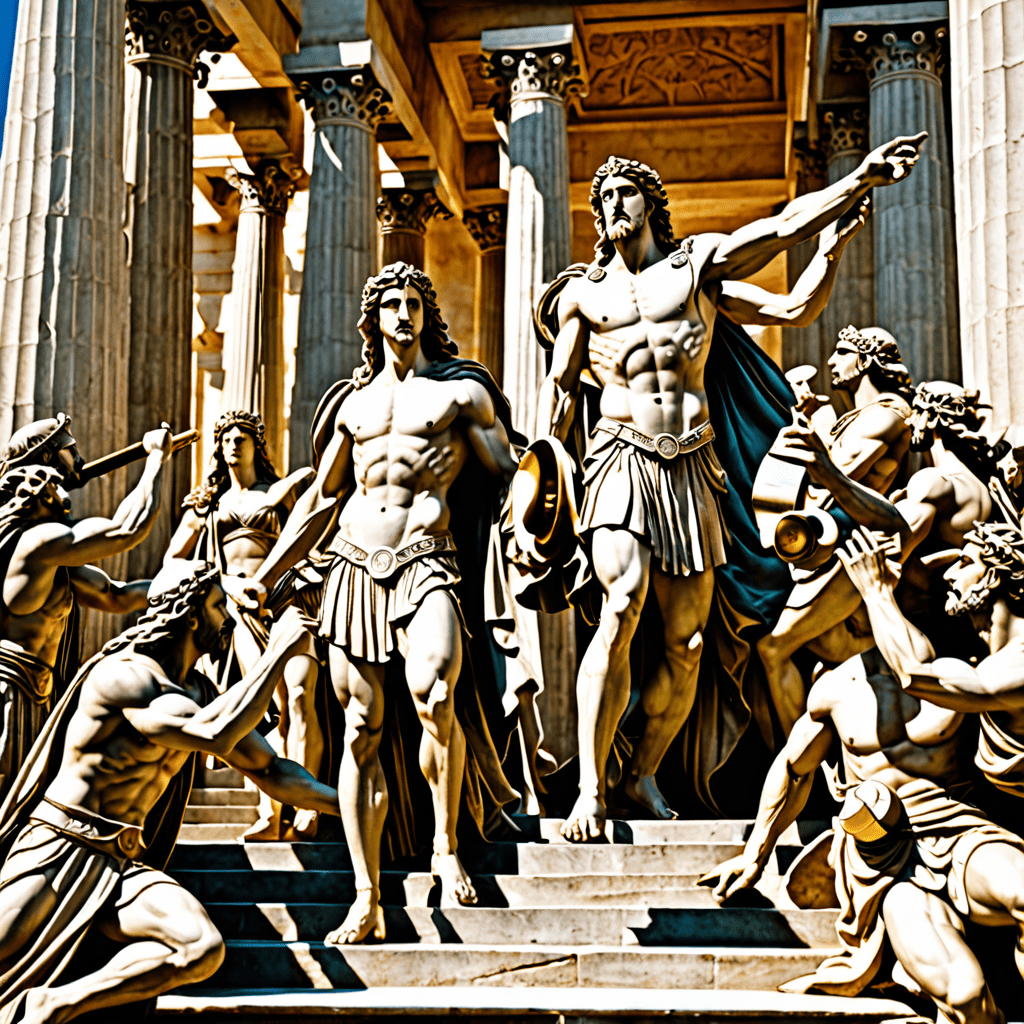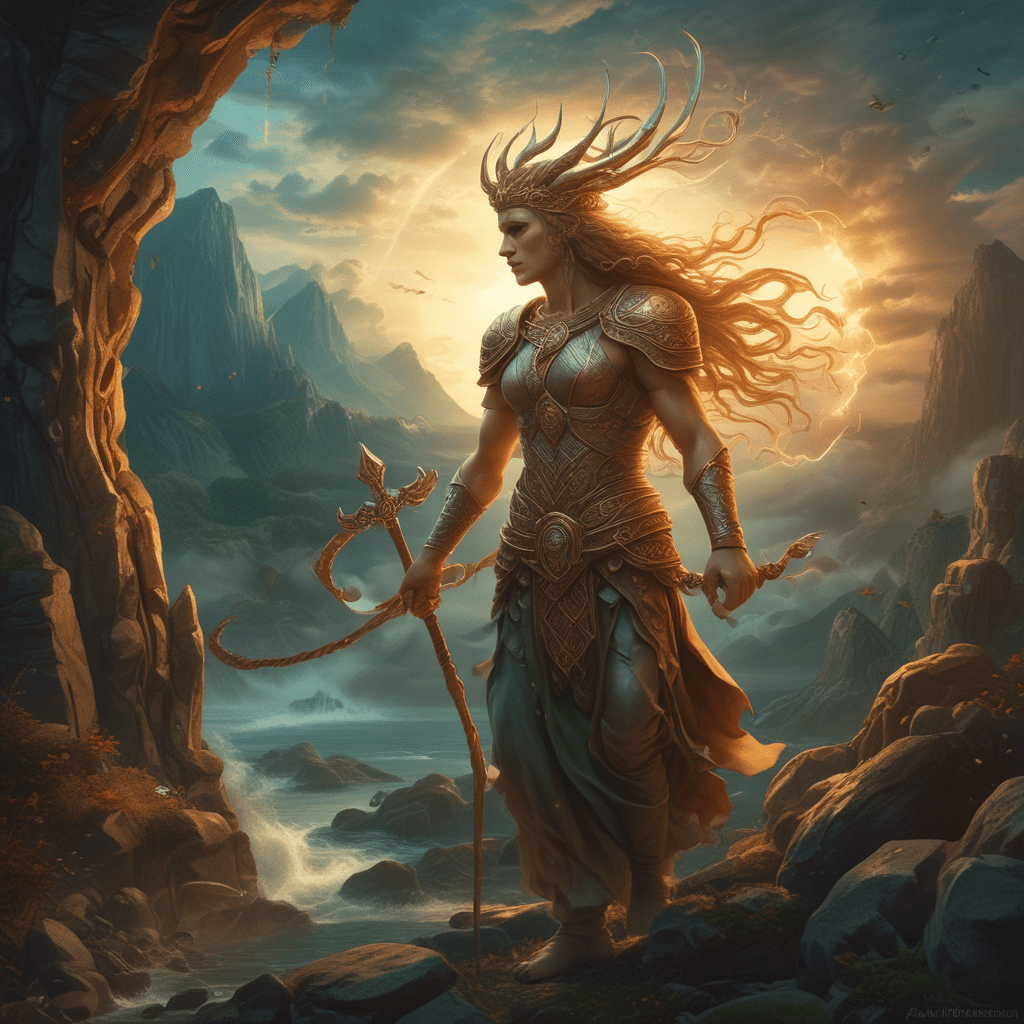Greek Mythology and the Power of Music
Greek mythology is steeped in tales of gods, goddesses, and heroes, but one often overlooked aspect is the profound connection between music and myth. In Greek mythology, music holds a significant role, influencing emotions, shaping narratives, and even holding the power to move mountains. Let’s delve into the enchanting realm where mythology and music converge.
The Role of Music in Greek Mythology
Music is deeply intertwined with the fabric of Greek mythology, as demonstrated by the myth of Orpheus, the legendary musician and poet. Orpheus possessed a lyre gifted to him by the god Apollo, which he played with such skill that it could charm even the wildest of beasts. His melodious voice and poignant lyrics could soothe troubled souls and mend broken spirits.
Orpheus: The Divine Musician
Orpheus’s story encapsulates the power of music in Greek mythology. His music not only enchanted mortal and immortal beings but also moved stones and trees to dance. When Orpheus descended into the Underworld to retrieve his beloved Eurydice, it was his divine music that persuaded Hades, the ruler of the dead, to allow him a chance to bring her back to the realm of the living.
The Influence of Music on Emotions and Destiny
In Greek mythology, music is not merely entertainment; it is a force capable of stirring profound emotions and altering destinies. The harp of the muse Calliope inspired epics, the notes of the beautiful sirens lured sailors to their demise, and the music of Apollo guided the cosmos in harmony. From the celebratory hymns to the solemn dirges, music played a pivotal role in shaping the narratives of gods and mortals alike.
In conclusion, the power of music in Greek mythology transcends mere entertainment. It is a potent and transformative force that can move hearts, appease deities, and alter the course of destiny. The rich tapestry of myths interwoven with melodies and harmonies serves as a testament to the enduring influence of music in the ancient world and beyond.
FAQs about Greek Mythology and the Power of Music
What role did music play in Greek mythology?
In Greek mythology, music was considered a powerful force that could influence gods, humans, and even nature itself. The gods and goddesses were often depicted with musical instruments, such as Apollo with his lyre, highlighting the importance of music in their culture.
How did music impact Greek myths and legends?
Music played a significant role in Greek myths and legends. Orpheus, a legendary musician, used his enchanting music to charm beasts, trees, and even the underworld itself. The Sirens lured sailors to their doom with their irresistible songs, showcasing the captivating and sometimes dangerous power of music.
Which Greek gods were associated with music?
Apollo, the god of music, poetry, and the arts, was one of the most prominent deities associated with music in Greek mythology. He was often depicted playing the lyre and inspiring divine music. Other gods like Dionysus, the god of wine and ecstasy, also had strong musical connections.
How did music influence the stories of Greek heroes?
Music was often intertwined with the stories of Greek heroes. For example, Orpheus used his musical talents to navigate perilous challenges, such as taming the fierce Cerberus with his lyre during his quest to rescue Eurydice from



